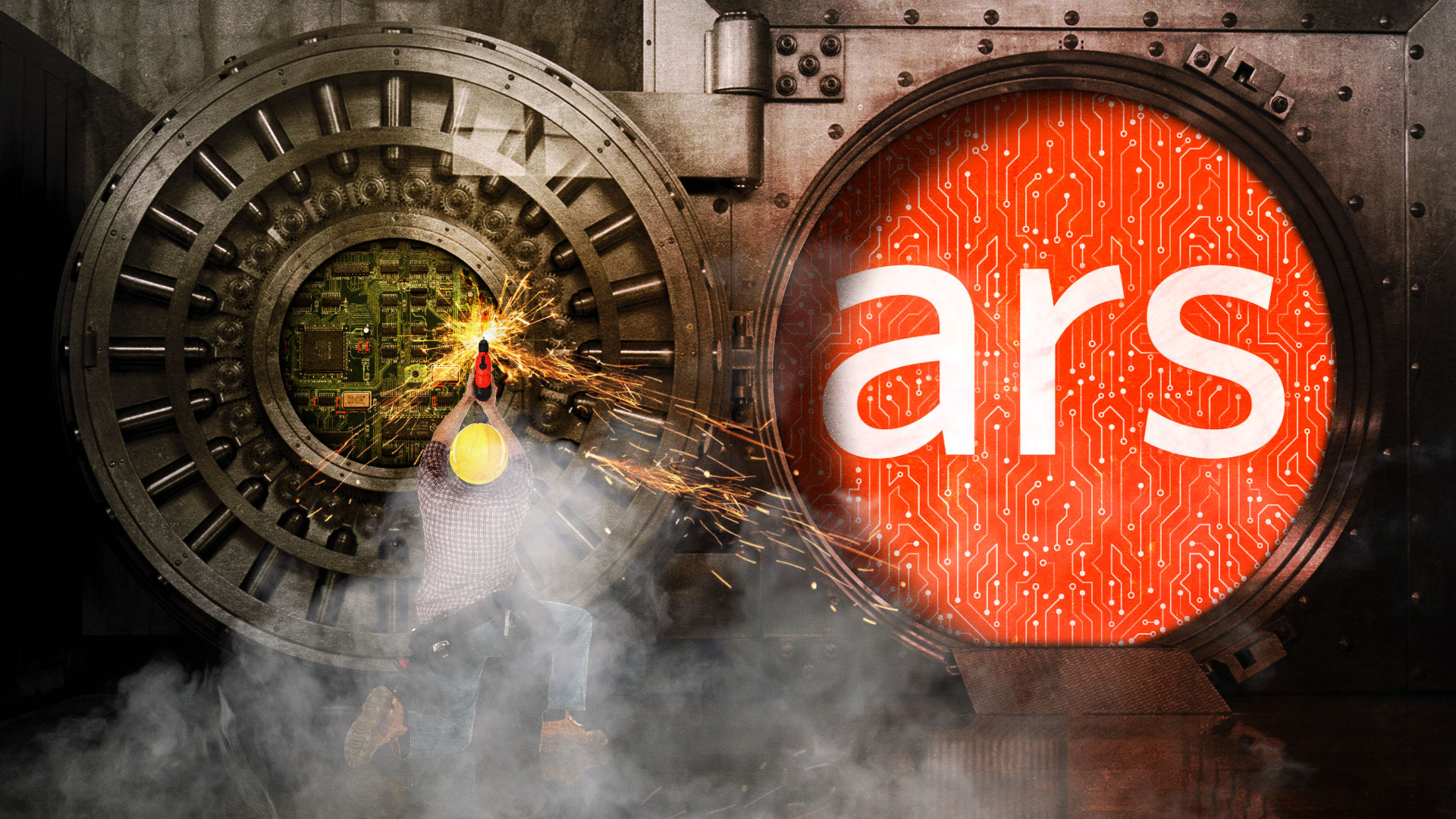Ars Technica is a well-known and influential website that covers technology, science, and the intersection of these areas with politics, culture, and business. Founded in 1998, it has grown into a major player in the world of tech journalism, providing in-depth analysis, reviews, and news on cutting-edge developments. This article will dive into the history, mission, and contributions of Ars Technica, examining how it has shaped the tech landscape over the years.
Introduction to Ars Technica
Ars Technica, which translates from Latin as “the art of technology,” is a platform dedicated to deep-dive articles on various aspects of modern technological advancements. Whether it is about the latest developments in artificial intelligence, cybersecurity, hardware, or software, Ars Technica stands out for its rigorous and informative content.
History of Ars Technica
Founded by Ken Fisher and Jon Stokes in 1998, Ars Technica was initially a passion project aimed at technology enthusiasts. Over time, it evolved into a more professional and authoritative source of information. The site’s early success can be attributed to its timely and accurate reporting, a feature that has helped it maintain relevance even in today’s fast-paced digital world.

Founding Vision
Fisher and Stokes created Ars Technica with the intent of bridging the gap between technical experts and regular consumers. They envisioned a space where detailed analysis could coexist with approachable, easy-to-understand content.
Growth and Evolution
From its early days, Ars Technica grew organically, attracting a large community of readers interested in cutting-edge technology. In 2008, the site was acquired by Condé Nast, a major media company, allowing Ars Technica to expand its reach and resources.
Ars Technica’s Mission and Philosophy
The core philosophy of Ars Technica is to provide in-depth coverage of technology, with an emphasis on accuracy, transparency, and expertise. Unlike many tech publications that focus on breaking news and brief updates, Ars Technica prides itself on producing long-form articles, expert reviews, and detailed analysis.
Key Focus Areas
Ars Technica covers a wide range of topics, all centered around technology and science. Its content is divided into several categories, each representing a key area of focus.
Technology and Computing
One of Ars Technica’s strongest suits is its focus on computer technology. From reviews of the latest hardware to deep dives into operating systems, it provides extensive and detailed coverage of the computing industry.
Science and Research
Ars Technica also covers groundbreaking scientific research, particularly in areas like physics, space exploration, and biology. Its articles break down complex scientific topics in a way that is accessible to a general audience.
Cybersecurity and Privacy
With growing concerns about online security, Ars Technica dedicates a significant portion of its content to cybersecurity. It provides expert commentary on data breaches, hacking incidents, and privacy concerns, along with practical advice for readers.
Business and Politics
The intersection of technology with business and politics is another major area of focus for Ars Technica. Whether it’s discussing antitrust laws, government regulations, or the impact of technology on the economy, the site delves into how tech influences broader societal issues.
In-Depth Reviews and Analysis
One of the distinguishing features of Ars Technica is its in-depth reviews of tech products. These reviews are not only thorough but are also written by experts in their respective fields. Whether it’s a new smartphone, gaming console, or software update, Ars Technica’s reviews are highly respected for their detail and objectivity.
The Ars Technica Forums

Ars Technica has built a strong community around its content, particularly through its forums. These forums serve as a space for readers to discuss articles, ask questions, and engage with each other and the authors. The community aspect of Ars Technica has played a significant role in maintaining reader engagement and loyalty over the years.
Contributions to Tech Journalism
Ars Technica’s contribution to tech journalism cannot be overstated. It was one of the first sites to take a serious, journalistic approach to technology, emphasizing quality over quantity. This has helped set a standard in the industry for thoughtful and well-researched content.
Setting Industry Standards
Ars Technica has pioneered a model of tech journalism that many other outlets have tried to emulate. Its commitment to integrity, depth, and expert analysis has set it apart from the click-driven nature of much online journalism today.
Impact on Consumer Awareness
By providing detailed and objective reviews, Ars Technica has empowered consumers to make informed decisions about the products they buy. Whether it’s exposing flaws in a new piece of software or offering a balanced perspective on a controversial tech issue, the site plays an important role in consumer education.
Editorial Integrity
Ars Technica’s editorial team is known for maintaining high standards of journalistic integrity. Unlike many tech publications that rely heavily on sponsored content and advertisements, Ars Technica strives to keep its reporting unbiased and fact-based.
Acquisition by Condé Nast
In 2008, Ars Technica was acquired by Condé Nast, a move that allowed it to expand its resources and reach a larger audience. Although the acquisition raised concerns among loyal readers about potential changes in editorial integrity, Ars Technica has largely maintained its independent voice and commitment to quality content.
How Ars Technica Makes Money
Ars Technica generates revenue through a combination of advertising, affiliate marketing, and paid subscriptions. The site also offers an ad-free version for subscribers, allowing readers to enjoy content without distractions.
Subscription Models
Ars Technica has introduced a subscription service known as Ars Pro, which offers an ad-free experience, exclusive articles, and additional perks for paying members.
Affiliate Marketing
The site also uses affiliate links in its product reviews, earning a commission when readers make purchases through those links. However, Ars Technica maintains transparency about this practice, ensuring that it does not compromise its editorial integrity.
Ars Technica’s Global Reach
While it is based in the United States, Ars Technica’s has a global readership. Its articles are frequently cited in international publications, and its coverage of issues like global cybersecurity threats and international tech regulations attracts a diverse audience.
Awards and Recognition
Over the years, Ars Technica’s has received numerous awards for its journalism. These awards are a testament to the site’s commitment to quality reporting and its influence in the tech industry.
Challenges in the Digital Age
Like many media companies, Ars Technica’s has faced challenges in the rapidly changing digital landscape. The rise of social media, the decline of traditional advertising revenue, and the shift toward video content are all trends that have impacted the site. However, Ars Technica’s has adapted by focusing on its strengths: in-depth written content and community engagement.
Future Prospects for Ars Technica’s
Looking ahead, Ars Technica’s is well-positioned to remain a key player in tech journalism. Its focus on high-quality content, expert analysis, and community engagement gives it a competitive edge in an increasingly crowded media landscape.
Expanding Coverage Areas
Ars Technica’s has already begun expanding its coverage to include more areas of interest, such as renewable energy, artificial intelligence, and the future of work. These emerging fields will likely become even more central to its content strategy in the future.
The Role of AI in Journalism
As artificial intelligence continues to evolve, it may play a more significant role in Ars Technica’s operations, both as a subject of coverage and as a tool for enhancing the production of content.
Conclusion
Ars Technica’s has built a reputation as one of the most reliable and in-depth sources of tech journalism on the internet. From its humble beginnings as a niche site for tech enthusiasts, it has grown into a leading authority in the industry. With its commitment to editorial integrity, expert analysis, and a dedicated community of readers, Ars Technica’s remains a cornerstone of technology journalism. As the world of tech continues to evolve, Ars Technica’s will likely continue to be at the forefront of reporting and analysis, offering its readers the insights they need to stay informed in an increasingly complex digital world.
Read More: MechPowerWashing: The Ultimate Guide to Mechanical Power Washing









